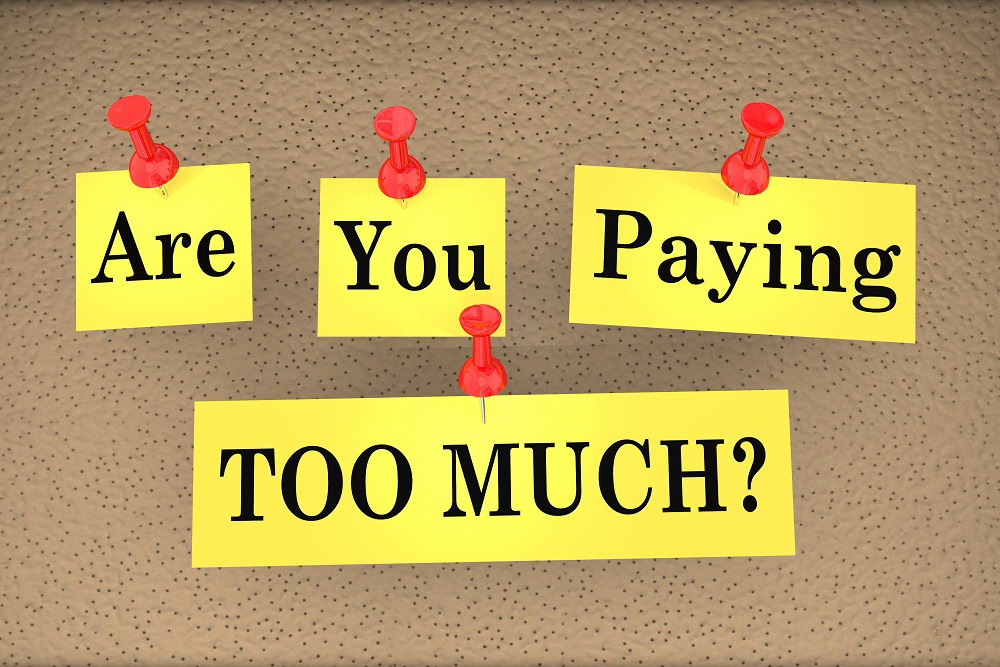How to Avoid Paying Too Much for a New House
No one wants to pay too much for a new house. But in an extremely hot market, paying too much is really difficult to avoid. Competition for limited housing stock drives up prices to the point of encouraging buyers to make decisions they may regret down the road.
You can avoid paying too much for a new house by doing two things:
- Framing exactly what it means to pay too much; and
- Determining how much you can truly afford and then working backward.
These two simple principles, while they may be difficult to implement in a hot market, can save you from making a poor decision.
What Constitutes Too Much
When we normally talk about paying too much for something, we are referring to perceived value. Something costs too much if we believe the price being asked is not worth what is received in return. That definition is thrown out the window when home buyers are willing to engage in bidding wars.
You may be looking at $250,000 homes that were closer to $150,000 a year ago. Nothing about those properties has changed. The only reason for the drastic price increase is demand. If the bottom falls out the market next year and demand collapses, your $250,000 home may be worth half what you paid for it.
So, what constitutes too much? It is determined by how much you can reasonably afford to pay without putting your budget on the edge. And in fact, this is something you and your real estate broker should be talking about. Your budget should be the driving factor whether you are buying a luxury home, a condo, a loft, or a starter home.
Consider Total Cost of Ownership
Salt Lake City real estate brokerage CityHome Collective recommends that buyers account for total cost of ownership in their housing budgets. Total cost includes mortgage payments, insurance, taxes, maintenance and repairs, and inflation. Remember that inflation is going to drive the cost of everything you buy higher. Combined with increased property taxes, inflation will steadily increase the amount of money you pay for housing every month.
Your real estate broker probably has software tools capable of helping you determine how much house you can afford based on your budget. Let’s say you currently pay $1,000 a month for housing. You are comfortable with that number. You think your budget can support $1,200 – but no more without stretching it to the limit.
A mortgage calculation tool that allows you to plug in insurance and taxes will give you a good idea of how much you can pay for a house based on your down payment and current interest rates. That number represents your upper ceiling.
Don’t Look at Anything More Expensive
Armed with hard numbers, you now have a foolproof way to avoid paying too much. In simple terms, you just don’t look at anything more expensive, period. If your real estate broker wants to show you something more expensive “just so you can see what’s out there”, don’t bite.
Also, make a hard commitment that you are not going to get into a bidding war that forces you to exceed your budget. It is too easy to find yourself paying too much by increasing your bid a few thousand dollars here and a few thousand more there.
Avoiding the trap of paying too much for a new house rests in understanding that real estate is driven completely by supply and demand. If the market demands you pay more than you can reasonably afford, perhaps now is not the time to buy.


Comments are closed.